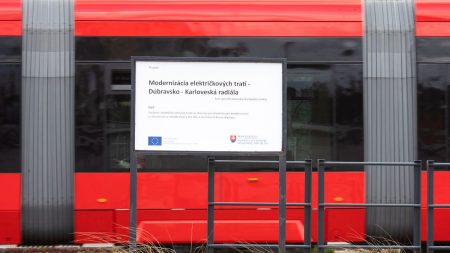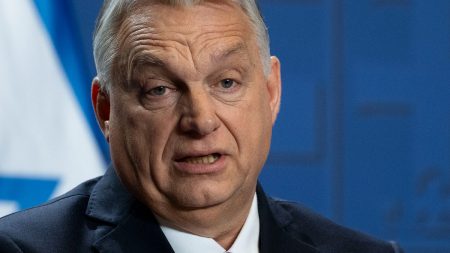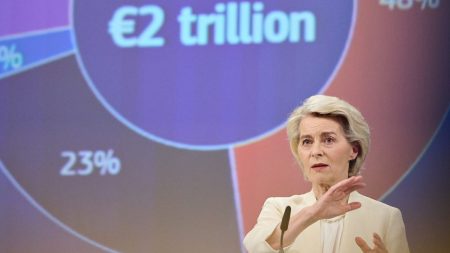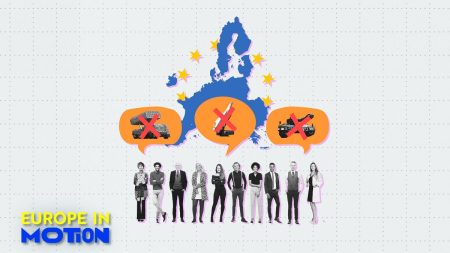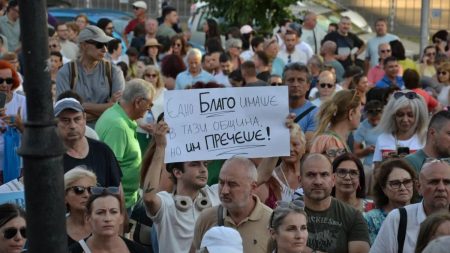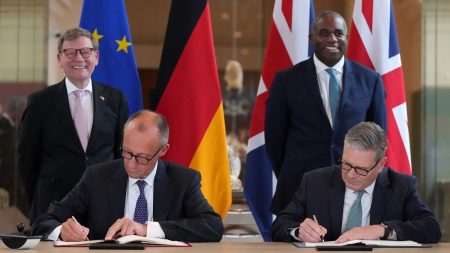The European Union (EU) is on a journey toward greater energy independence, though it still faces significant hurdles. Following disruptions in gas supplies from Russia due to geopolitical tensions, notably the invasion of Ukraine, the bloc has managed to reduce its dependency on Russian gas—from 40% to just 8%. This decrease has been primarily offset by increased imports from external partners like the United States and Norway, rather than scaling up domestic energy production. EU Commission President Ursula von der Leyen is actively pursuing additional liquefied natural gas (LNG) supplies from the US to help address these challenges. The EU’s energy self-sufficiency has been characterized as a “critical vulnerability” by experts, and the EU received a modest 4.0 out of 10 on the Energy Sovereignty Index, highlighting that most member states, especially Germany, Italy, Greece, Ireland, and Portugal, continue to grapple with low levels of energy independence.
In terms of external energy supplies, the United States has emerged as the EU’s largest provider of petroleum oils and LNG. Specifically, the US accounts for 17.1% of the petroleum oils and an impressive 47.4% of the bloc’s liquefied natural gas imports. Norway retains a significant position as the top supplier of natural gas, representing 46.6% of total imports. Despite the sanctions and reduced reliance, Russia still maintains a notable presence in the EU’s energy supply chain, providing around 17.3% of natural gas and 17.7% of LNG. This ongoing dependency on external suppliers emphasizes the EU’s vulnerability and highlights the urgent need for strategic investments in energy independence and diversification of supply sources.
Despite these challenges, the EU showcases impressive achievements in clean energy transitions. The bloc scored an average of 8.1 for clean energy efforts, up from 7.3 the previous year, reflecting significant progress in transitioning away from fossil fuels. Certain countries, particularly those in the Nordic and Baltic regions—along with Portugal, Croatia, and Austria—are leading this charge. Sweden and Denmark exemplify excellence in clean energy, both achieving perfect scores of 10 out of 10. The focus on clean energy not only contributes to environmental sustainability but also bolsters energy resilience as countries seek to lessen their reliance on fossil fuel imports.
Further analysis of the EU’s energy landscape reveals variances among member states concerning energy efficiency and transition narratives. Finland emerges as a frontrunner in the overall energy ranking, achieving a score of 8.8. Following closely behind are Estonia and Romania, both scoring 8.2. Romania stands out for its ambitious energy initiatives, which include plans for offshore gas drilling, expanding wind turbine capacity, and investing in nuclear energy. Such efforts indicate a positive shift towards modernization and diversification in energy infrastructure, positioning Romania as a notable player in the EU’s energy transition.
Conversely, a number of member states have been identified as “laggards” in the EU’s energy landscape. Countries such as Malta, Belgium, Ireland, Bulgaria, and Lithuania score poorly on energy independence and have been slow to adapt to the clean energy transition. These nations face substantial challenges in reducing their reliance on imported energy and aligning with the EU’s overall sustainability goals. The disparity in performance underscores a crucial requirement for targeted policies and collaborative efforts to elevate these lagging states and ensure a more balanced energy transition across the bloc.
In conclusion, while the EU has made commendable strides in clean energy and reducing dependency on Russian gas, its overall energy independence remains precarious. The reliance on imports from countries like the US and Norway highlights a critical vulnerability that could impact energy security and stability in the event of further geopolitical tensions. To bridge the gap in energy independence, member states with low scores must be encouraged to invest in domestic production and renewable energies actively. With increased cooperation and commitment, the EU can navigate its energy challenges and forge a path toward a more independent and sustainable energy future.





